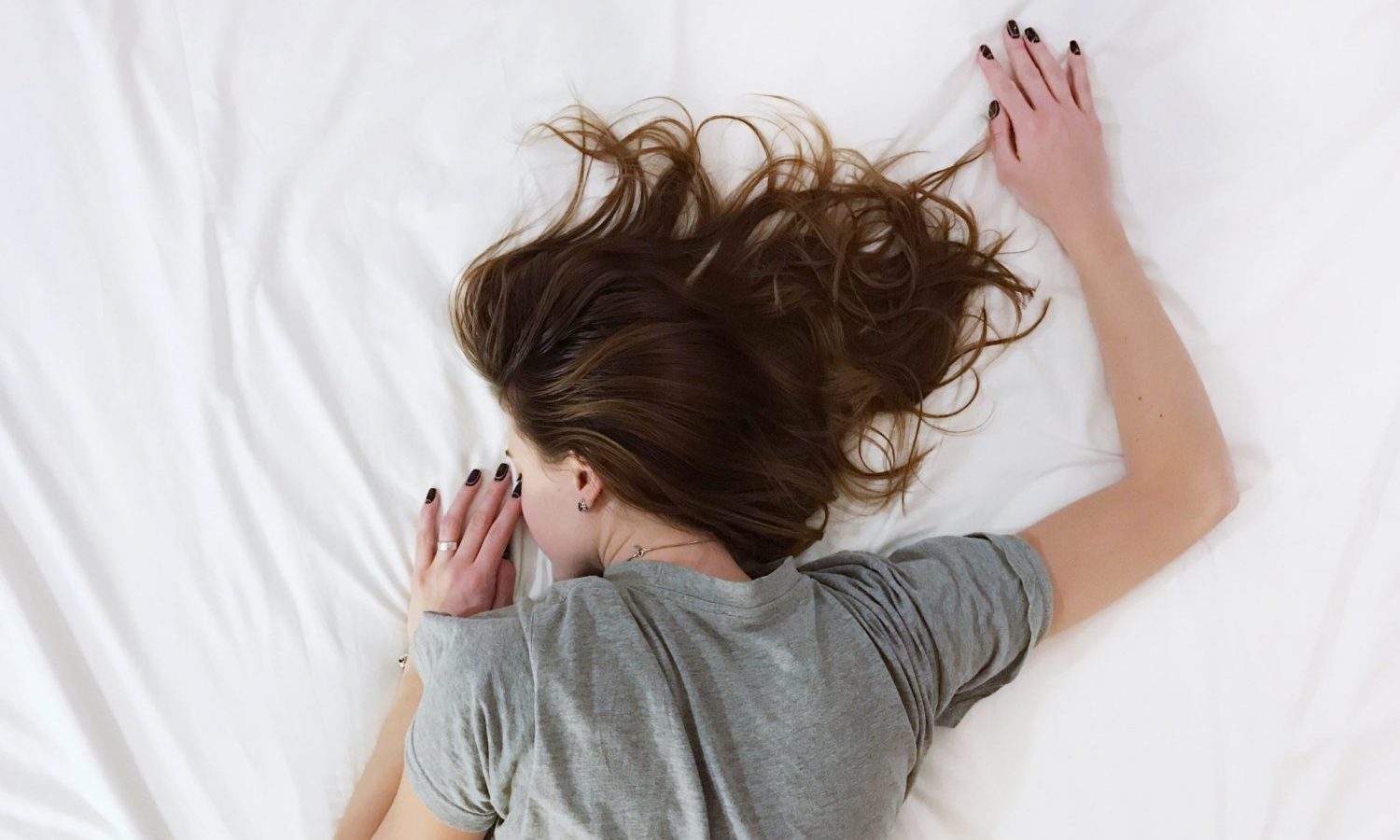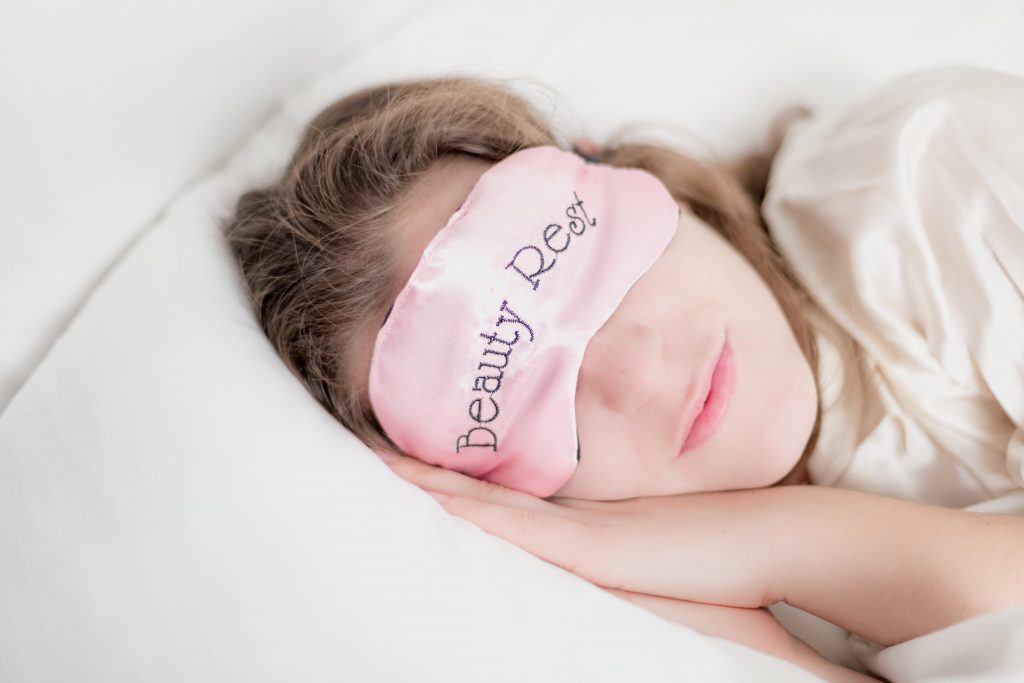
Everything you ever wanted to know about using cannabis for sleep
Sleep. It’s so important to health and well-being, yet so many of us struggle with it. Getting a good night’s sleep isn’t as easy as you think, at least for much of the population. If you’re between the ages of 18 and 64, you need 7 to 9 hours of good sleep every night. Still, surprisingly, 35.2% of American adults sleep less than 7 hours a night, while 10-30% of adults report struggling with chronic insomnia.
A night of deep sleep is essential to feeling great the next day, and also helps prevent a variety of health issues down the line. It’s crucial for helping the body repair itself internally, preventing disease, maintaining the immune system, preventing weight gain… the list goes on.
Because so many people find good sleep elusive, we’ve seen a surge in over-the-counter medications to treat sleep. However, many of them don’t work, leaving people extremely groggy the next day. And this is where cannabis comes in.
Why cannabis works so well as a sleep aid
Cannabis has been a well-known tranquilizer for centuries thanks to its relaxing properties. There are numerous studies that support this point. Additionally, a 2019 survey of 1,000 people found that three-quarters of them used cannabis as a sleep aid and said it was helpful.
But for anyone new to the world of cannabis, and for those who desperately want it to help them sleep, read on to help you better navigate dispensaries for the right product.
There are hundreds of naturally occurring chemicals in the cannabis plant that affect sleep. The two main compounds are broken down into cannabinoids and terpenes. There are three main cannabinoids:
THC: Tetrahydrocannabinol (THC) is the main psychoactive compound in the plant that gets you high. It’s famous for its pain-relieving and anti-nausea properties, but it also has powerful sedative effects and can help you fall asleep faster. THC has also been found to shorten your time in REM sleep, which in layman’s terms means you have fewer dreams. This is especially helpful if you’re prone to nightmares that wake you up in the middle of the night and make it difficult to get back to sleep.
Photo by Andrea Piacquadio via Pexels
RELATED: Why the latest study saying cannabis is bad for sleep is deeply flawed
CBD: Cannabidiol (CBD) is a therapeutic compound that doesn’t get you high. Its relaxing properties are well known and widely used to treat anxiety, pain and depression. Studies have shown that it is also beneficial for promoting alertness and reducing daytime sleepiness.
CBN: Cannabinol (CBN) is a lesser-known compound, although it has powerful sedative properties that are enhanced when taken with THC. CBN also has valuable medicinal benefits such as its ability to fight pain and inflammation and stimulate appetite.
Then there are terpenes. Terpenes have been attracting more attention lately because recent studies have shown promise for enhancing the medicinal properties of cannabis. These invisible molecules are also found in other plants and are responsible for giving cannabis strains their unique smell and taste. More importantly, terpenes also have medicinal properties, and certain terpenes are helpful as sleep aids:
Tips on using cannabis as a sleep aid
There are certain ways you can get the most out of cannabis to ensure you get a good night’s sleep:
Timed coordination: The timing of your intake plays a big part in using cannabis to sleep. This is especially true if you use edibles. Edibles take a while to take effect, although they are more potent, so they can help you sleep longer. However, it can take anywhere from 30 minutes to two hours to kick in, but once it kicks in, the duration can last from 8-12 hours. To be safe, take medication at least an hour before bed.
tribes: When it comes to the calming and relaxing properties of the plant, more people are likely to buy indica strains than sativas. However, studies have shown that there are few differences between the two strains, and the same strain can make one person sleepy while arousing the other. So instead of buying cannabis based on whether it’s indica or sativa, look for products that have been lab tested so you have a good picture of its chemistry. These days, many dispensaries sell products that provide detailed information about a strain’s effects, so use that instead of the name.
Experiment: Different cannabis products affect people differently. There is no universal solution; Although CBD is widely recognized as a calming tranquilizer that works well for many people, there are also those who find either low or high doses of THC best for inducing sleep. You can also buy cannabis products made specifically for sleep. It won’t hurt to experiment and see what works for you.
 Photo by Shopify via Burst
Photo by Shopify via Burst
RELATED: Does Using Cannabis to Sleep Cause Crazy Dreams?
Of course, following other known sleep habits that improve sleep also helps. Don’t rely on cannabis as a one-time solution. Here are some tried and true tips to do with cannabis:
- Reduce exposure to bright lights before bed (this includes limiting time on tablets, smartphones, and TVs)
- Limit caffeine consumption later in the day. Try to have your last cup at noon; Better yet, replace coffee with green tea
- Stop napping during the day
- Go to bed at the same time every night
- Don’t consume too much alcohol before bed
Last but not least, if you are taking any medication, especially prescription medication, always consult your doctor before using cannabis.
This article originally appeared on Cannabis.net and has been republished with permission.

Post a comment: